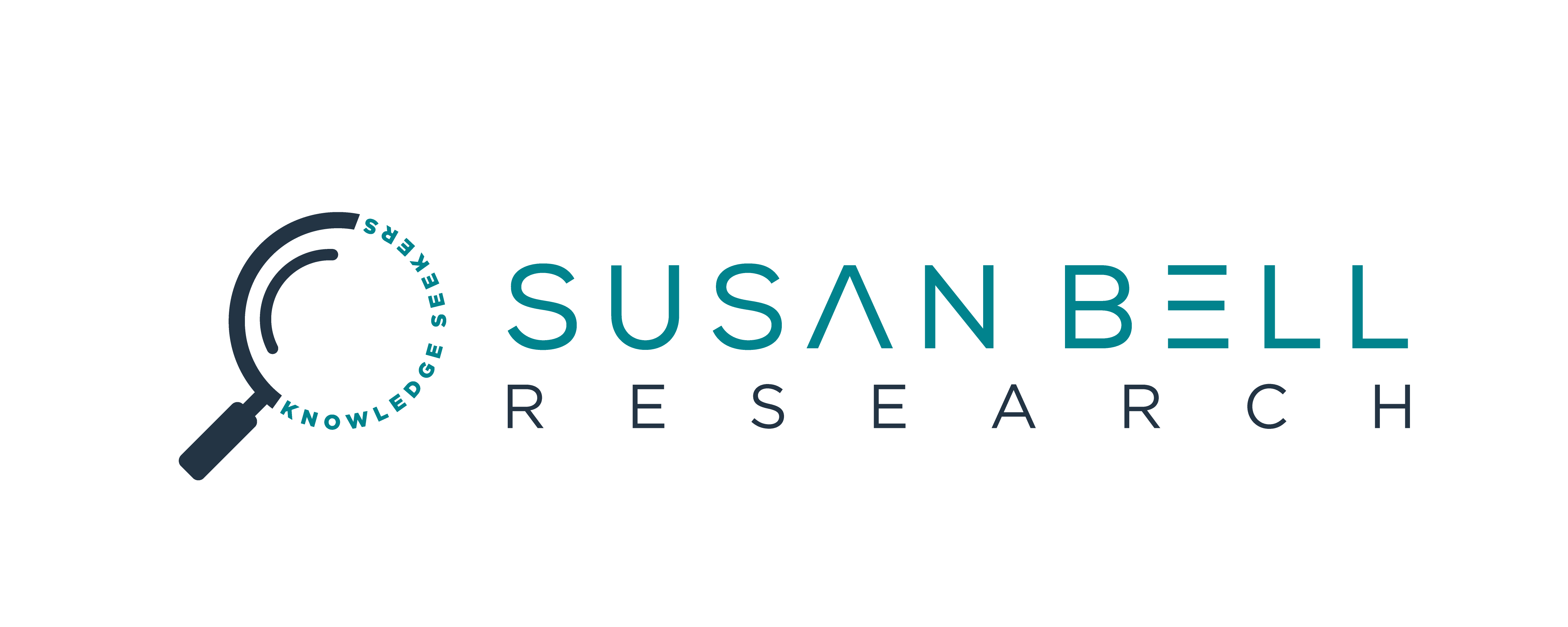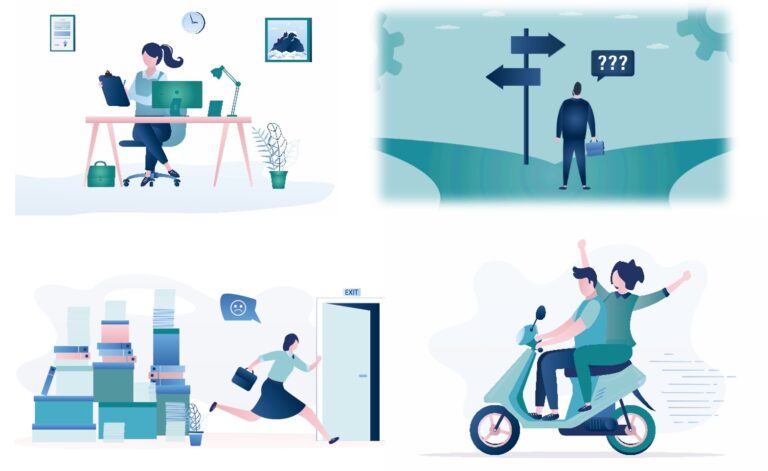An Introduction To Plain Language
What is Plain Language?
Information That Readers Can Find, Understand, And Use
INTERNATIONAL PLAIN LANGUAGE FEDERATION
‘A communication is in plain language if its wording, structure, and design are so clear that the intended audience can easily find what they need, understand what they find, and use that information.’
In other words, whether something is written in plain language or not is determined by the readers, and whether they can do what they need to do with that information.
And isn’t that precisely what you want for your customers?
How To Help Readers Find, Understand And Use
After considerable research and testing, plain language specialists know that readers will be able to find, understand and use wriiten informtion if:
- It uses familiar words
- Most words are short
- Most sentences and paragraphs are short, and
- The writer uses formatting like bullets and white space.
Yes, But
Whenever I teach plain language, I often hear people sayng ‘yes but’. They say plain language is a good idea, but not for them. Here are two of the most common ‘Yes But’s:
Yes, but plain language is too informal
Some people believe that they should write in a formal way with long words and sentences, because that’s how ‘professionals’ write. They worry that plain language seems too informal. Our answer to that is:
- When we test information written in plain language, we find that readers enage with it and understand it.
- When we test information written in a highly formal way, we find that readers disengage and skim over the words rather than reading them.
Yes, but plain language is too basic
Some people think that using plain language means over-simplifying technical and complex information by replacing highly specific technical words with simple words that do not capture the nuances of the meaning. Similarly, some people worry that they are insulting their audience, by ‘dumbing down’ the information, and no-one wants to do that! Or they believe that their customers are ‘sophisticated’ and already understand all the words and phrases they use.
The rule is: use words that you know your readers will understand. If you can prove that your audience understands the specialist language you use, go ahead and use it. Do not assume.
Why Clear Communication Matters
Everyone Is Busy
Even though your customers may have ‘sophisticated’ knowledge, they are nevertheless busy people with many pressures on their time.
This Is How Busy People Read
We know from our research that busy people are more likely to start to read something that is written in plain language, and they read it faster.
Readers hop, skip and jump through written text. They
- Hop to headings and lists
- Skip over blocks of text
- Jump away when overwhelmed
What To Do If You Don’t Know What Words Your Customers Are Familiar With
If you are not sure what words and phrases your customers are familiar with then test your content with users or customers. This will show you the tone and style of language that works best for your customers. You might be surprised. One organisation we worked with discovered that ‘inception’ was not a word their customers understood, except as a movie title!
All you need to do is find a couple of pieces that generated lots of calls to your call centre or which always seem to trip people up somehow. Perhaps your customers ignore your instructions? Perhaps they don’t understand their policy? Whatever the content is that gives you the most grief test it.
To summarise
To write in plain language:
Your organisation will thank you
Many of our clients tell us that the volume of calls to their call centres drops off after they introduce plain language in their communications to customers. This is particularly the case for instructions and letters – such as letters about cyber security breaches, claims or in response to complaints.
We can do this for you
We are user-testing research professionals who know all there is to know about language and research. Contact Sue to find out how we can help you.
See also our other blog posts on ths topic:

We would love to hear from you, and are always happy to talk through research methods and options with you, if you are not sure what you need. Why not get in touch for a free, obligation-free, and confidential conversation.
Find out more about Susan Bell Research.






